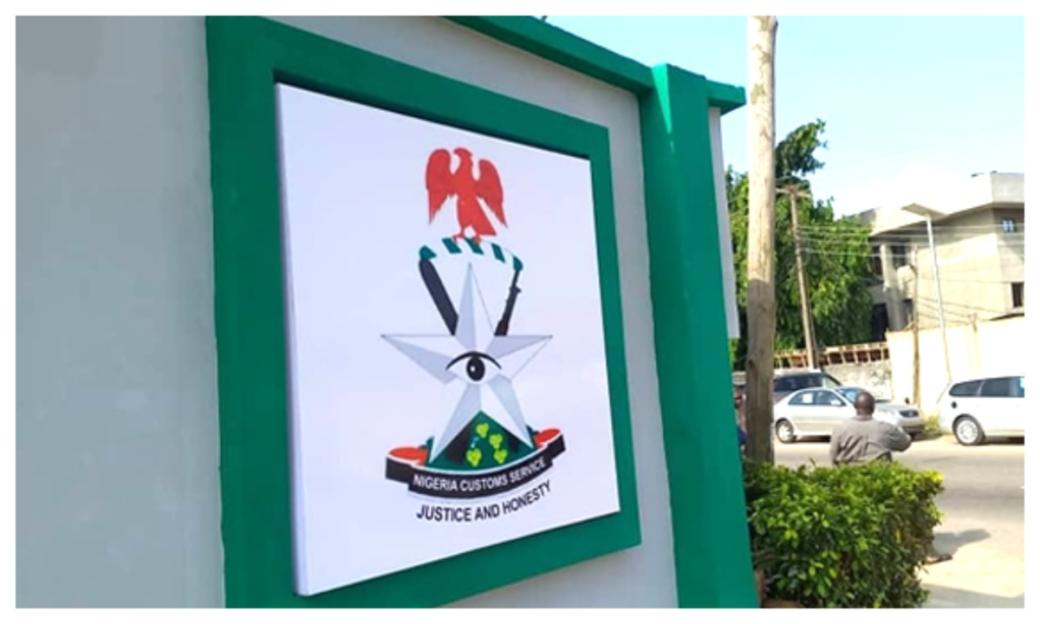Table of Contents
Chibuzo Okereke, an expert in legislative governance and policy analysis, has criticized Nigeria's ministerial screening process, labeling it as more of a discussion than the verification process mandated by law.
Okereke made these remarks on Wednesday during an interview on Arise Television.
He raised alarms about the integrity of the ministerial vetting process, particularly in the wake of a recent scandal involving Uche Nnaji, the former Minister of Innovation, Science and Technology, who resigned amid accusations of forgery.
Okereke pointed out that both the Nigerian Constitution and the Senate Standing Orders clearly define the procedures for ministerial confirmation, yet these protocols are seldom adhered to.
“The ministerial process we have been witnessing can be described as a discussion rather than the confirmatory process that is required,” he stated.
“Section 147 (1) establishes the office of the minister and grants the president the authority to make appointments, while Section 147 (2) gives the Senate the power to confirm those appointments. The process we have observed is far from what the Constitution intended,” he elaborated.
He further characterized the situation as deeply troubling, lamenting that a minister could serve for up to two years before such issues come to light.
Frequently Asked Questions
What did Chibuzo Okereke say about the ministerial screening process?
He criticized the process, stating it resembles a discussion rather than a proper confirmation process as required by law.
What concerns did he express regarding the vetting process?
Okereke raised concerns about the credibility of the vetting process, especially in light of a recent certificate scandal involving a former minister.
What does the Nigerian Constitution say about ministerial appointments?
The Constitution outlines that the president can appoint ministers, and the Senate is responsible for confirming these appointments.







